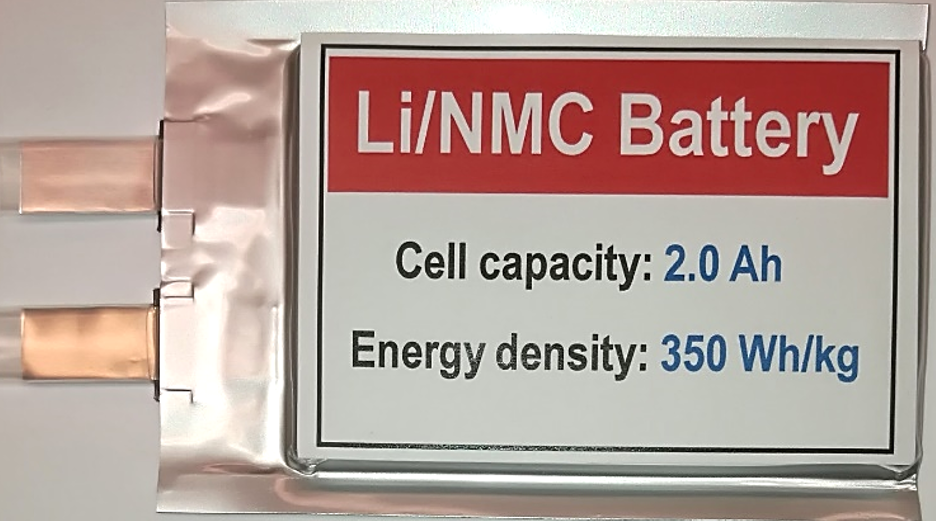From pv magazine USA
Researchers at the Pacific Northwest National Laboratory (PNNL) have made a chemical breakthrough that they believe will allow electric vehicle batteries to hold almost twice the energy of their traditionally used lithium-ion counterparts.
The solution in question is a lithium-metal chemistry with an energy density of 350 watt-hours per kilogram (Wh/kg), which is on the higher end of the spectrum, but not entirely in a league of its own. The chemistry also has the added advantage of being much lighter than traditional lithium-ion chemistries.
These aspects of lithium-metal are not new, however. What is new is the resilience of the battery. Historically, lithium-metal batteries have been plagued by premature death, with previous record holders accomplishing just 200 cycles before seeing significant drops in capacity.
The chemistry developed by the PNNL team was able to maintain 76% of its initial capacity after 600 cycles, blowing the old record out of the water. There is still work to be done for sure, as currently used EV batteries typically last for around 1,000 cycles.
To continue reading, please visit our pv magazine USA website.
This content is protected by copyright and may not be reused. If you want to cooperate with us and would like to reuse some of our content, please contact: editors@pv-magazine.com.




By submitting this form you agree to pv magazine using your data for the purposes of publishing your comment.
Your personal data will only be disclosed or otherwise transmitted to third parties for the purposes of spam filtering or if this is necessary for technical maintenance of the website. Any other transfer to third parties will not take place unless this is justified on the basis of applicable data protection regulations or if pv magazine is legally obliged to do so.
You may revoke this consent at any time with effect for the future, in which case your personal data will be deleted immediately. Otherwise, your data will be deleted if pv magazine has processed your request or the purpose of data storage is fulfilled.
Further information on data privacy can be found in our Data Protection Policy.